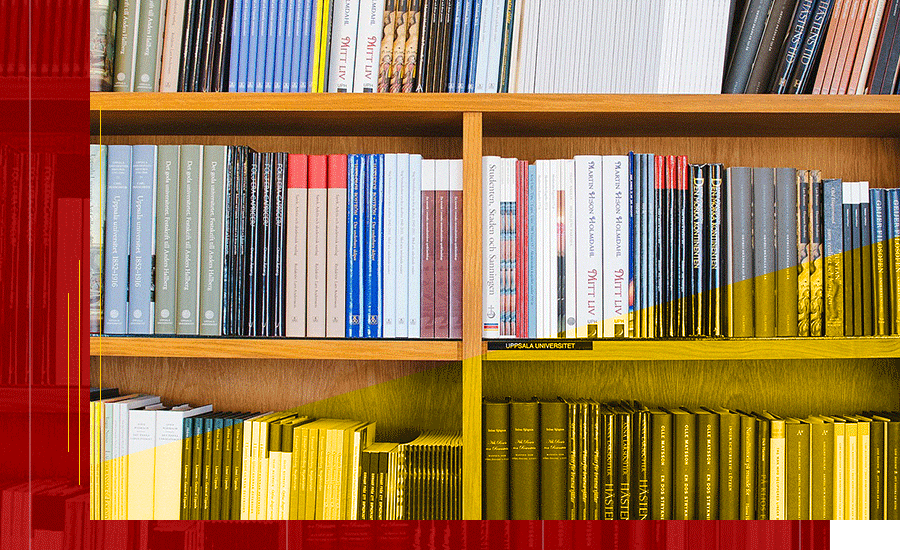
Latest Must-Reads in Public Diplomacy: May 2023
CPD Faculty Fellow Bruce Gregory has compiled a list of the latest must-reads in public diplomacy. Known affectionately at CPD as "Bruce's List," this list is a compilation of books, journal articles, papers and blog posts on a wide variety of PD topics.
Highlights from the latest list include publications on the role of popes as public diplomats, public diplomacy in the "nuclear 1980s," and the future of cultural diplomacy.
Phillip Arceneaux, “Popes as Public Diplomats: A Longitudinal Analysis of the Vatican’s Foreign Engagement and Storytelling,” International Journal of Communication 17 (2023), 3514-3536. Arceneaux (Miami University). Phillip Arceneaux covers a lot of ground in this analytically impressive and well-written article. His conceptual framework and literature review positions public diplomacy in the context of political uses of public relations, strategic narratives, and image and reputation management. He provides informative details on the unique political and religious identity of the Catholic Church, the dual role of the papacy, and the ascending role of the Pope as “the religious state’s primary public diplomat” beginning in the mid-twentieth century. The heart of the article is a qualitative textual and longitudinal analysis of strategic narratives in Vatican diplomacy between 1964 and 2021. Research questions include how papal foreign engagement (1) evolved in audience selection, (2) ranged geographically, and (3) was manifest in papal rhetoric. His answers are given in charts, tables, and clearly presented conclusions with careful attention to limitations and areas for further research. Attention to the travel, rhetoric, and personal public diplomacy of recent popes is a key strength of the article. Arceneaux’s study adds to a much longer history of connections between the Catholic Church, political power, and public diplomacy: the non-derogatory roots of the word propaganda in the Church’s “congregatio de propaganda fied” established in 1622 to propagate the Catholic faith, the language-competent and cross-culturally skilled Catholic missionaries who helped to advance French and Spanish imperial reach in the Americas, and the launch of Vatican Radio in 1931.
Anthony M. Eames, A Voice in Their Own Destiny: Reagan, Thatcher, and Public Diplomacy in the Nuclear 1980s, (University of Massachusetts Press, 2023). Anthony Eames is director of scholarly initiatives at the Ronald Reagan Presidential Foundation and Institute. He also teaches at George Washington University. In this carefully researched book, he explores how President Ronald Reagan and British Prime Minister Margaret Thatcher used public diplomacy to build support for nuclear deterrence policies in the face of countervailing pressures of antinuclear movements in Europe. It is an informative account that drills deep, not wide. It places public diplomacy in the context of a single important issue, in the events of a single decade, and in the way it was understood and used by national leaders and their advisors. Eames shows how public diplomacy mattered in achieving policy outcomes. His book also demonstrates how the sustained attention of national leaders can make a positive difference in support for public diplomacy’s organizations, budgets, and technologies. His focus is state-centric, but he is open to broader perspectives. Of particular interest, is Eames’s attention to differences between what he calls “private science diplomacy” between scientists, officials, and military leaders and “public science diplomacy” in which communication strategies are used to leverage the expertise of scientists to shape attitudes among foreign and domestic publics.
Natalia Grincheva, “The Past and Future of Cultural Diplomacy,” International Journal of Cultural Policy, published online March 6, 2023. Is “cultural diplomacy” a sub-field within public diplomacy, a strategic tool of governmental practice in the conduct of foreign affairs, or perhaps a synonym for soft power? Or is it, as Natalia Grincheva (University of Melbourne) maintains in this thought-provoking article, “an independent academic discipline” with maturing research and growing acceptance? Her claim, intended as a conversation opener, is grounded in a review of the literature since the 1960s using the single search term “cultural diplomacy” in the Scopus database. Using quantitative and qualitative methods, her article discusses the geographic distribution of the literature based on authors’ academic affiliations, varieties of themes, old and new research topics, and the roles, functions, and tools of cultural diplomacy actors. Grincheva’s research provides further evidence of growing interest in the societization of diplomacy and its hybrid domains. It also generates worthwhile questions, stated and implied, about cultural diplomacy as an epistemic field and how it and diplomacy more broadly are circumscribed in human relationships.
The full list for this edition of Bruce's List can be found here.
Visit CPD's Online Library
Explore CPD's vast online database featuring the latest books, articles, speeches and information on international organizations dedicated to public diplomacy.
Popular Blogs
-
January 29
-
January 20
-
January 28
-
January 2
-
January 8







